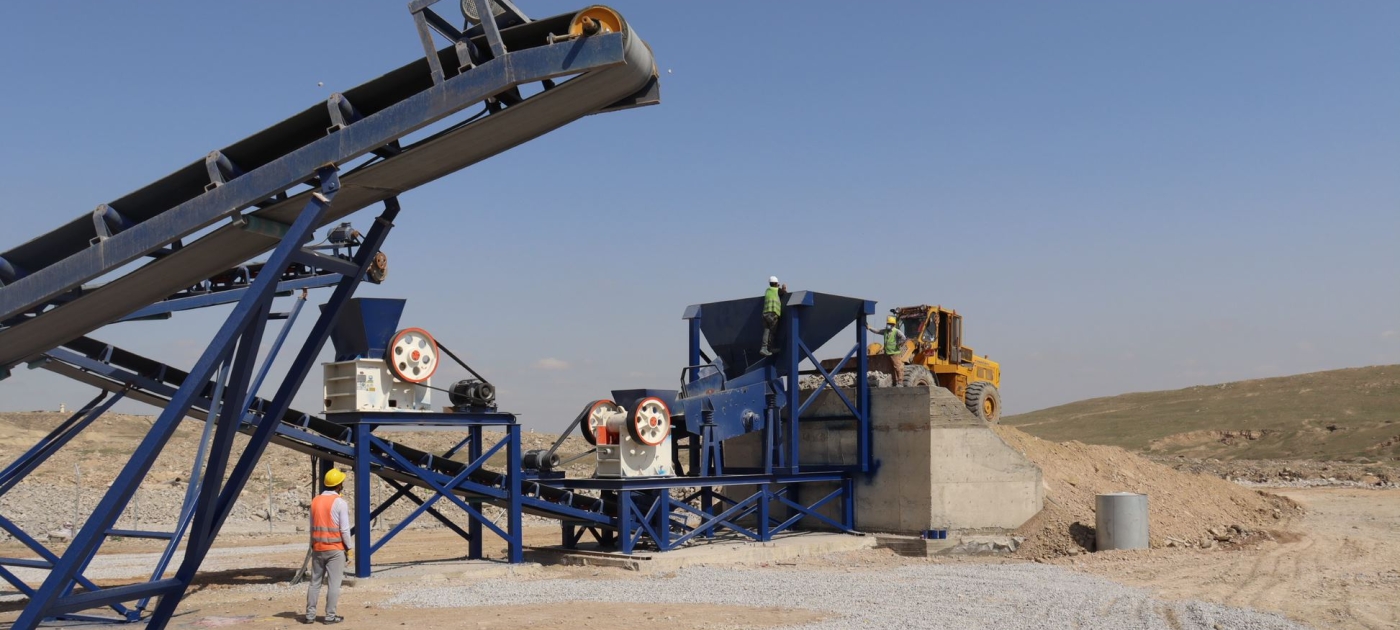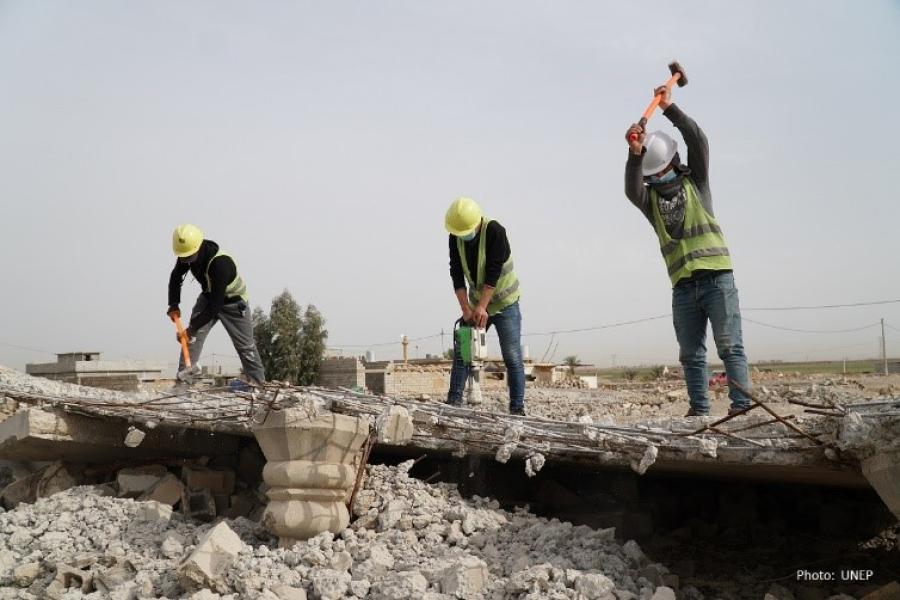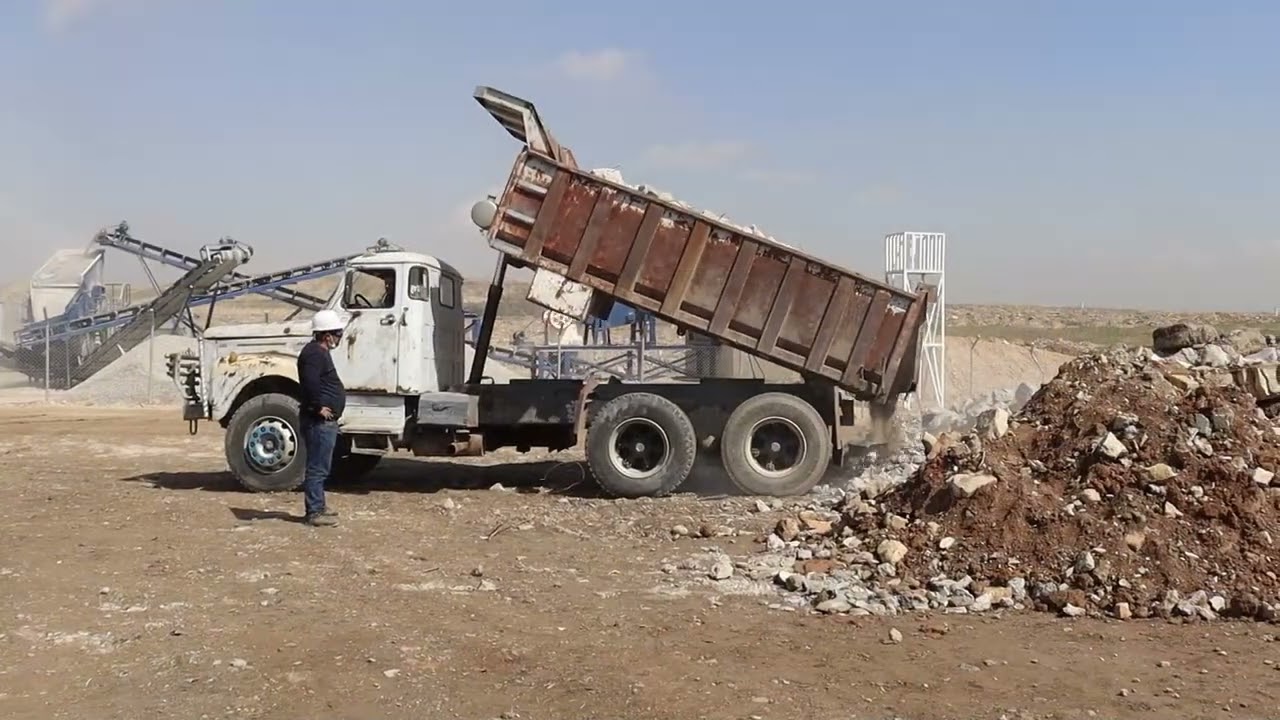
Close

Approach Words: Environment Preservation, Sustainability, Urban Livability
Public Policy Instruments: Physical Intervention, Planning
The Debris Recycling Center in Mosul is a post-conflict waste management project designed to recover and recycle construction and demolition debris to support urban reconstruction, environmental restoration and economic inclusion in one of Iraq’s most devastated cities.1 2
The project is envisioned as “a critical step toward the sustainable management of construction and demolition waste in Iraq”,3 transforming rubble into a resource for rebuilding and setting foundation for circular economy.4 5
The project aims to convert 7–8 million tons of conflict-generated rubble, particularly concentrated in Mosul’s Old City, into valuable usable construction materials.6 Contributing to urban rehabilitation and job creation for vulnerable groups, it seeks to foster a long-term waste management solution aligned with Iraq’s vision of “building back better”.7

Title: Debris Recycling Facility in Mosul
Source: Click Here

Title: Workers reduce the size of the debris into smaller pieces to be used in the stone crusher.
Source: Click Here

Title: Rubble in Mosul Street.
Source: Click Here

Title: Debris Transported by Specific Vehicles to the Facility Site for Processing.
Source: Click Here
To implement the vision, the project established a centralized debris recycling facility that processes and repurposes recovered materials into road construction inputs and concrete products.8 9
Located in Mosul, along the Tigris River in Iraq,10 the facility has recovered and sorted nearly 25,000 tons of debris, of which approximately 10,000 tons have been processed into construction aggregates,11 kerbstones, and concrete blocks, supporting both immediate reconstruction and long-term circular infrastructure.12
In addition to its environmental impact, the project has had a strong social component on Mosul’s residents, engaging local workforce, especially vulnerable populations employed through cash-for-work programs including 240 workers, 40 of whom are women.13

Owner/Developer (Public)
The project was launched and implemented by the United Nations Environment Programme (UNEP) and the International Organization for Migration (IOM), in collaboration with the Mosul Municipality,14 and funded by the Government of Japan.15
Launched before 2022,16 the project has completed its initial operation and was officially handed over to the Mosul Municipality to ensure continued operation under local management.17
Project Link
Endnotes
N.A.
References